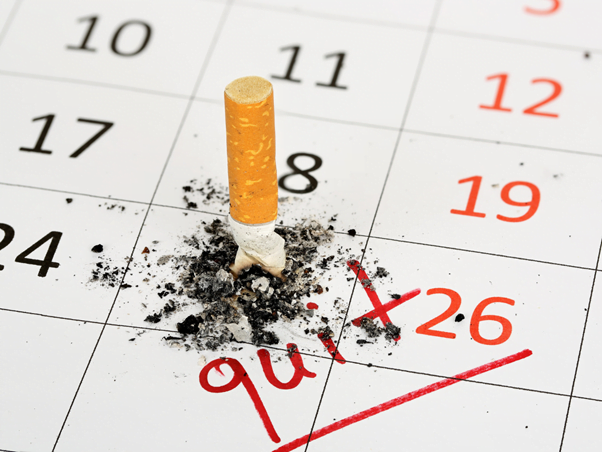How To Maintain Healthy Gums
30 June 2022 Why gums are so important
Why gums are so important
When it comes to maintaining and improving your oral health, gums often are not as frequently thought of in the way of cavities, orthodontic treatments or teeth whitening. That being said, your gums can harbour as much plaque as your teeth which can lead to gum disease if you do not properly maintain your oral health. Whilst in the first stages, the damage is reversible, the second and third stages, Periodontitus and advanced Periodontitus respectively can have lasting negative effects which can result in tooth removal and affecting your bite. So, what are some of the early signs?
Early signs of gum disease
Gum disease can be hard to detect in that in the earlier stages, it is usually painless. There are different symptoms for each stage, so we will break this down into the first stage, Gingivitis, and the second and third stages.
Gingivitis
Gingivitis is mainly caused by a build-up of plaque under and along your gumline. At this stage, the bone and tissue that holds your teeth in place is not affected. Common symptoms include:
- Inflamed gums
- Red gums, or swollen gums
- Your gums feeling tender
- Your gums are prone to bleeding
Periodontitus and Advanced Periodontitus
These stages are the most serious, in that the tissue and bones supporting your teeth can be damaged in stage 2, or worse, destroyed in stage 3. Symptoms hear can include:
- Bad taste or foul breath
- Teeth that begin to separate or loosen
- Bleeding of the gums
- Swollen, tender or red gums
- Gums have started receding from your teeth
Key factors which cause gum disease
The main reasons for gum disease is a lack of or incorrect oral hygiene techniques. This allows plaque to build up. As plaque is a sticky, film-like substance, this can cling to your teeth and gums which, for teeth, erodes the enamel, and for gums, erodes their elasticity and integrity.
How to maintain healthy gums
It is not all doom and gloom, and you can find that simply by engaging with good oral hygiene you can minimise the possibility of developing gum disease. Follow the techniques below to ensure great oral hygiene:
Floss at least once a day – this removes plaque build up
Flossing in between the teeth prevents any sticky or sugary foods from being able to cling to your teeth, or erode the enamel protecting it. The acidity of sugars can compromise your teeth, and seep into your gums which can dislodge a tooth or even result in it needing to be removed.
 Don’t smoke or if you do, get help to quit
Don’t smoke or if you do, get help to quit
Smoking similarly causes a build-up of tartar in your mouth which clings to your teeth and gums, also eroding your natural gum protection. There are many NHS funded smoking cessation services, you can check what is local to your area here
Brush twice a day
Brushing in a circular motion for two minutes, once at morning and one at night will significantly reduce the amount of plaque that is able to build up. Always leave it at least 30 minutes after eating before brushing your teeth.
Use fluoride toothpaste
Brushing with fluoride toothpaste is imperative, especially after eating particularly sticky, sweet foods. It reduces the acidity present in your mouth which can result in one of the later symptoms, bad breath.
Get regular check ups
Lastly of course, visit your dentist once every six months! Your dentist should be able to recommend to you any optimal teeth cleaning routines that may be required, as well as monitor for the early signs of gum disease which can prevent you from developing a serious health condition. If you are not local to Pateley Bridge, check out our blog on questions to ask a new prospective dentist. Otherwise, to peruse our full list of services, you can find out more here.
